
We have put together this useful guide for tenants to answer any questions you may have with regards to renting one of our properties
Properties are typically let for six months at a time using an Assured Shorthold tenancy (longer and shorter terms and different types of tenancies may be available). As long as you are not in breach of the terms of your tenancy, you cannot be evicted until the end of your fixed term.
You should take great care reading your tenancy agreement and any other documents you are given at the start of or throughout your tenancy as these form part of a legally binding contract. Both you and your guarantor, if applicable, need to make sure that you keep your agreement and any other documents in a safe place as you may need to refer to these during your tenancy.
Most of the time, the landlord will be happy for your tenancy to be renewed after the initial term.
If you are in breach of your tenancy or when the tenancy comes to an end, we can take possession of the property. We are required by law to serve you notice of our intention to do this and to follow the eviction procedure as detailed in the Housing Act 1988.

When you move in, we will ask you to pay a deposit. In England and Wales, Deposit Protection was introduced in April 2007 (as part of the Housing Act 2004). This means that when you pay the deposit in full, we have to protect it within 30 days.
There are a number of providers available and we can use any one of these, however, we must give you the details of the provider we are using and information about what will happen to the deposit at the end of your tenancy. This is referred to as ‘Prescribed Information’.

At the end of the tenancy, if you and the landlord cannot agree on any deductions from the deposit, the case can be referred to the Alternative Dispute Resolution Service (ADR). This is an independent service that acts as a free alternative to going to court. An adjudicator will consider the evidence and make a decision on who the deposit should be returned to.
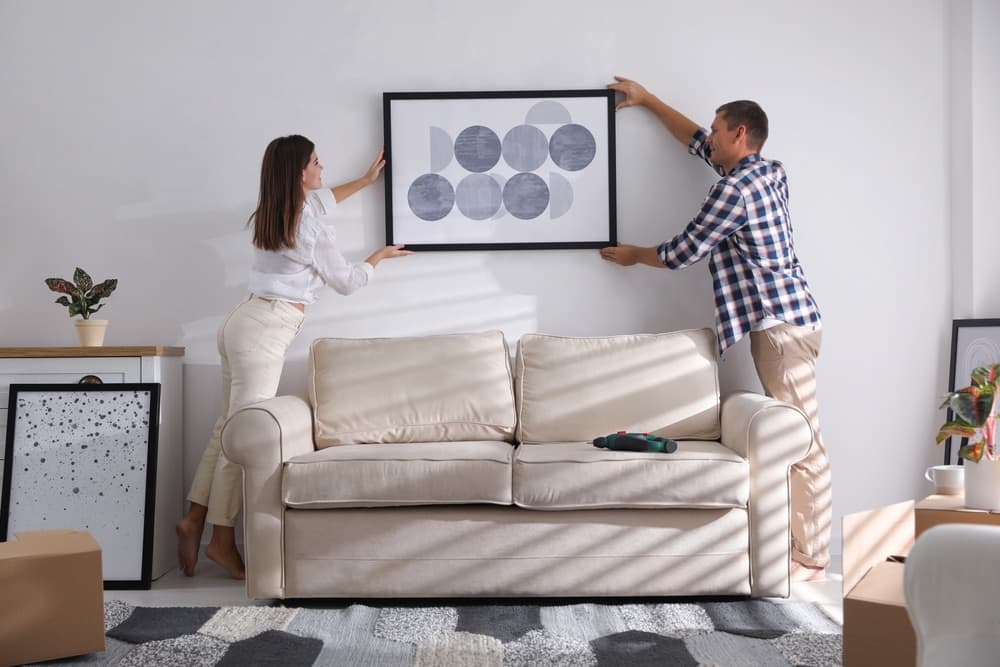
Before you move in to the property, we will prepare an Inventory and Schedule of Condition. This document, which will include photographs of the property, is very important as it sets out the condition of the property and anything left by the landlord. We will use this document when completing your check out appointment to ensure a fair assessment of the condition of the property is done. You need to make sure that you review the document and make us aware of any amendments needed as soon as possible after you have moved in.

You will have 14 days to notify us of any inaccuracies in the inventory/schedule of condition that you have noticed or anything that you would like to add. If we do not hear from you then it will be assumed that you have agreed the condition of the property on the inventory is accurate.

You are required to act in a ‘tenant-like manner’. This means that you are responsible for looking after the property and any contents left by the landlord and to deal with minor maintenance issues and odd jobs such as changing light bulbs and batteries in smoke detectors etc., bleeding radiators, keeping seals etc. clean and free from mould, tightening loose screws on door handles and so on.
If you break something or use it in such a way that it breaks or breaks down, it will be your responsibility to repair or replace it. When you instruct a contractor to undertake the work, make sure they are suitably qualified and keep any receipts or certificates as we may ask to see these.
Any maintenance issues that are not your responsibility to deal with, such as routine maintenance to appliances, should be reported to us or your landlord immediately. If you notice an issue and decide not to report it, you may be held liable for the cost of any damage caused.

As a tenant, you have a number of responsibilities to your landlord; one of these is to pay your rent in full and on time. Please be aware that late payment of rent can lead to additional charges (refer to the fee guide) and eventually to you being evicted from the property. When you enter into a tenancy agreement we will ask you to compete a standing order mandate to send to your bank. this is usually enough to set up a regular rental payment on your behalf, however, It is your responsibility to make sure that your Standing Order leaves your account as we are not able to speak to your bank on your behalf.

It is your responsibility to ensure that all bills are paid when due. If you decide to change any of your utility suppliers we ask that you inform us of this so that we can update our records. Council Tax, TV Licence, water, gas, electricity and any other service charges are all the tenants responsibility. Any meter readings will be taken at the beginning of your tenancy and it is your responsibility to start your accounts with utility suppliers as soon as possible. We will not deal with any utility issues on your behalf.
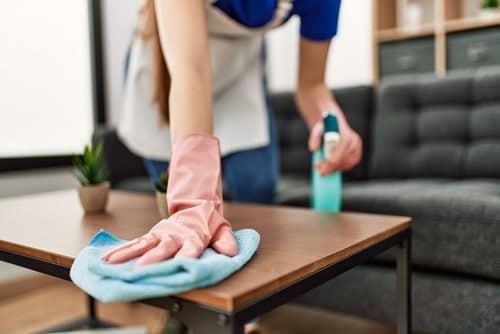
The property should be clean when you move in. Most properties are professionally cleaned between tenancies. If you have any concerns about the cleanliness of the property at the beginning of the tenancy, you should let us know as soon as possible and we can make a note of it on the schedule of condition. It is the tenants responsibility to keep the whole property and any furniture or appliances that come with it, clean throughout the tenancy. If you choose to have the property or carpets professionally cleaned whilst living there, you will have to pay for it.

Your landlord is responsible for insuring the building and their possessions. However, none of your possessions will be covered by this policy. We recommend that you take out contents insurance. You can also insure against accidental damage to the landlord’s possessions.

All media services are your responsibility, although in some properties you may find that provisions are already there. Please make sure you ask permission from your landlord before installing a satellite dish.

It is important that you keep the property well ventilated during the tenancy to avoid the build-up of condensation and mould. Make sure that extraction fans and ventilation systems are used and windows opened regularly.
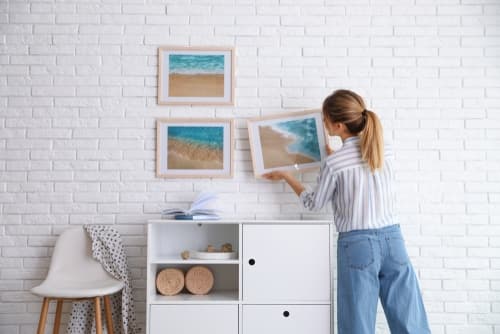
Please make sure that you ask permission from the landlord before hanging pictures or fixing anything to the wall.
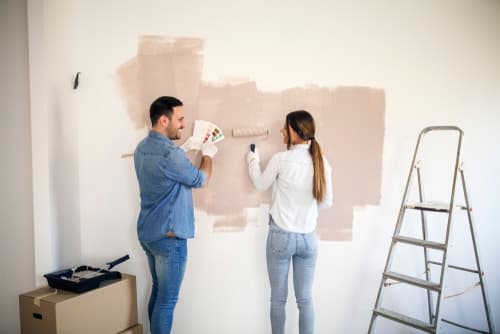
You must not redecorate or make changes to any part of the property without the landlord’s consent. If you need to touch up any of the paint work, please make sure you use the right colour and type of paint.
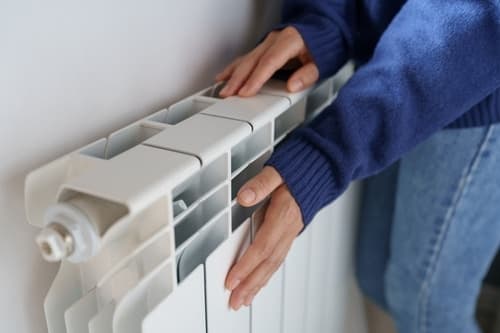
During the winter and any cold spells, it is essential that you continue to run the heating to prevent burst pipes, even when you are not at home. The temperature of the property should not drop below 6*C.
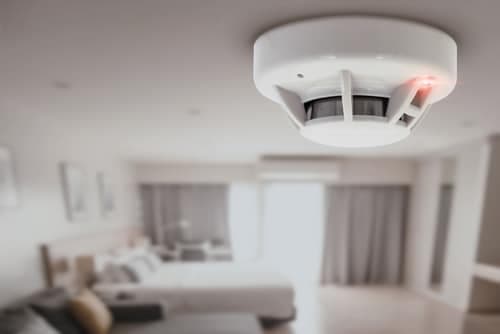
All alarms must be tested regularly and batteries changed as required. You must also make sure that they are kept free from dust and other obstructions.

All the instruction manuals you need should be left within the property and you should refer to these to make sure that you are using appliances and equipment correctly. If instruction manuals are missing, they can usually be found online. If you experience any problems, please let us know
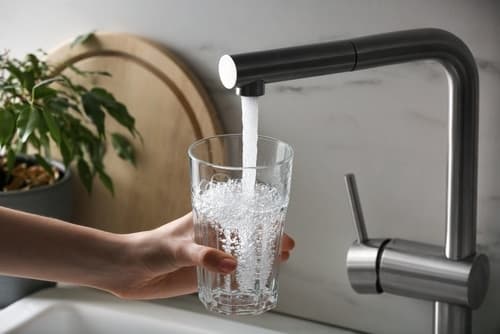
Legionella is a bacterium that can live in water systems and cause potential health problems. The easiest way to prevent the spreading of legionella is to flush through the water system by running all taps and showers for a few minutes when the property has been vacant for any periods of time during the tenancy.
